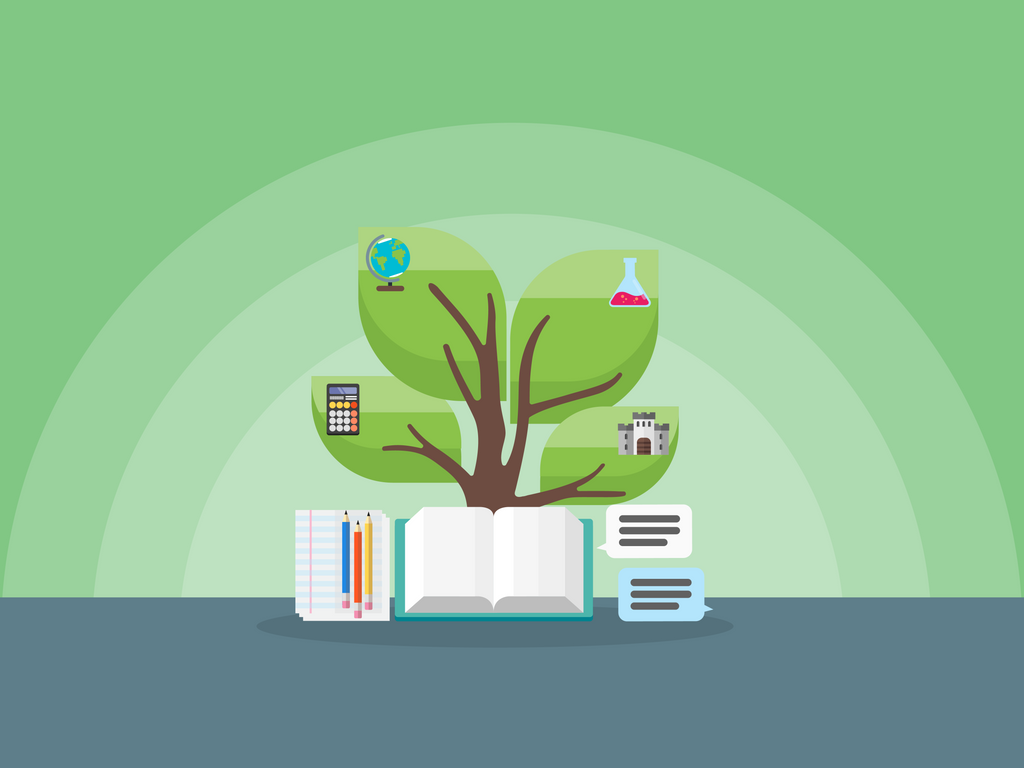Keen to make good on the promise of a push on literacy in your school this year? Help is at hand thanks to new resources, developed by the EEF and published today, which support our latest guidance report, ‘Improving Literacy in Secondary Schools’. Our national content manager, Alex Quigley, introduces them…
The new school year is an exciting time for school teachers and leaders. The promise of a fresh start and new classes is charged with the energy of summer getaways and lazy days. We return to school with brand new plans and full of best intentions.
For the beleaguered literacy coordinator, the first few days back can prove a chastening experience. New resources and planning proposals get squeezed into the corner of an INSET afternoon, as subject leaders grapple with set lists, exam results and new specs. The promise of ”a push on literacy” gets lost in the melee of the new start.
In the summer term, the Education Endowment Foundation released our latest guidance report, Improving Literacy in Secondary Schools. As well as offering practical guidance for subject leaders and senior leaders, we hope it will give literacy coordinators some well-deserved additional support. By drawing upon the best available evidence, we seek to challenge the false notion of literacy as an optional extra.

Guidance Reports
Improving Literacy in Secondary Schools
Our guidance makes the case that, by attending to the literacy demands of their subjects, teachers increase their students’ change of success in their subjects. For our pupils to confidently access the academic curriculum, we all need to address the challenge of literacy in our teaching, lesson planning, and curriculum development.
From supporting pupils to successfully read word problems in maths, to breaking down writing tasks in physical education, ‘disciplinary literacy’ – how we read, write and talk in subject specific ways – is not a bolt-on idea posed by an enthusiastic literacy coordinator. It is instead an evidence-informed approach to teaching literacy in subject disciplines which is vital to successful learning
New Secondary Literacy Supporting Tools
To support literacy coordinators, subject leaders and senior leaders to address the issue of improving literacy in secondary school, we have developed some new resources:
- Secondary Literacy RAG Self-assessment supports school leaders to self-evaluate their current literacy practices, whilst helping steer our forward planning.
- Secondary Literacy Vignettes can be used in INSET training to challenge and provoke thinking about improving our practice.
- The Simple View of Reading offers a model as to how better understand the complex act of reading.
- Vocabulary of Key Literacy Terms gives both a definition and a simple etymological breakdown.
We hope that our growing bank of evidence-informed tools can help ensure your best laid plans for literacy in secondary schools can become embedded successfully in your planning and practices this school year, so that every pupils benefits
